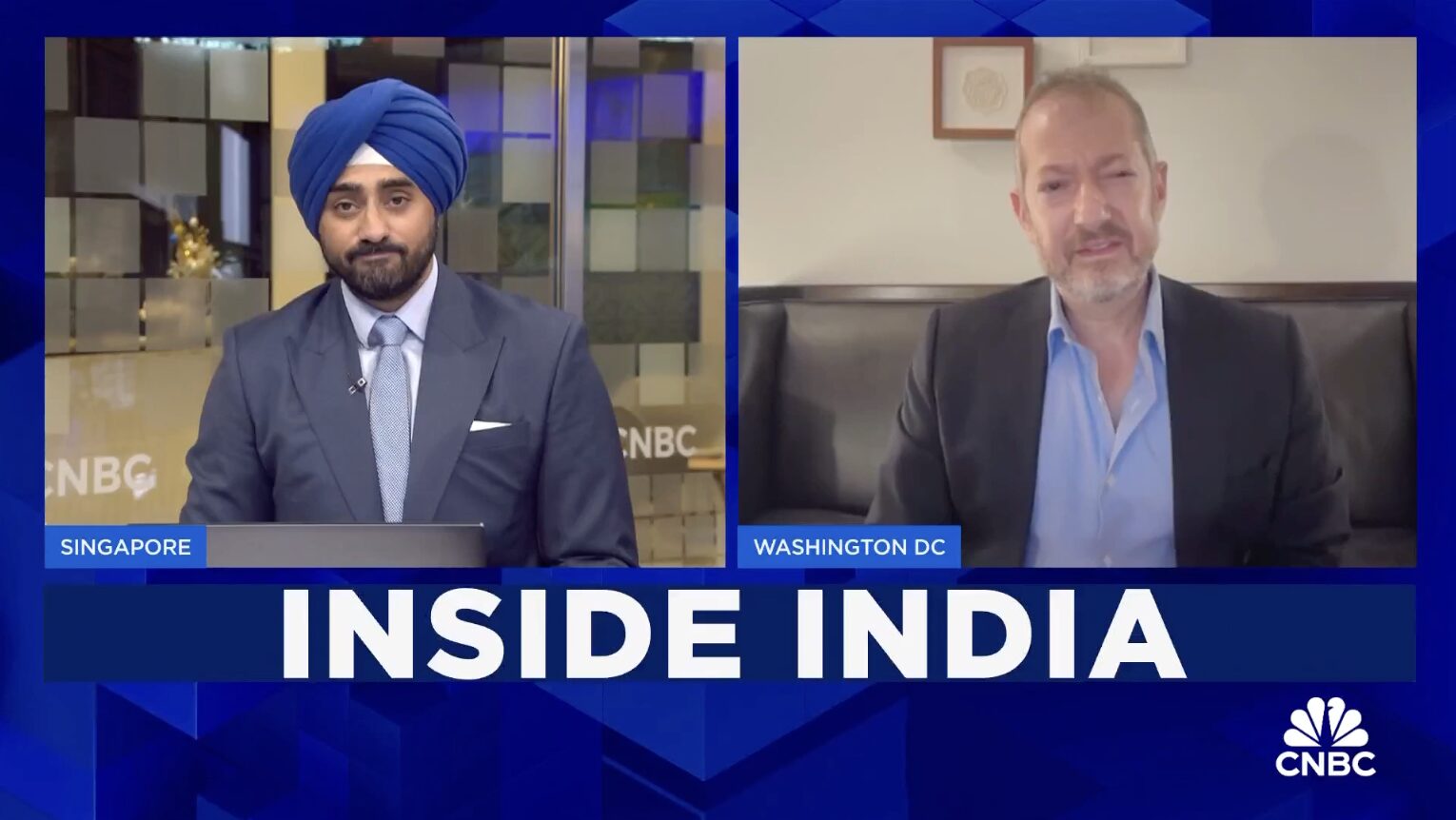
Dr. Sanjay Gupta: Explains the Science of Mouth-Taping
There’s a new sleep trend making waves: taping your mouth shut at night. Advocates say it can help you breathe better, sleep deeper, and even…
Thought Leader: Sanjay Gupta

As the monkeypox virus quickly spreads in the U.S., President Biden has appointed a White House coordinator to oversee the response. Daily cases are doubling roughly every week, and have surpassed 6,300 total across 48 states. As of Wednesday, the state of Minnesota had logged 39 cases total.
Dr. Michael Osterholm, the director of the Center for Infectious Disease Research and Policy at the University of Minnesota, joined CBS Mornings on Wednesday to discuss where the cases are occurring and the issues with supplying vaccines.
“As much as many people don’t want to accept this, it is primarily a sexually transmitted infection, just like herpes or syphilis,” Osterholm said. “But not everyone gets it from sexually transmitted routes — for example, if you do have contaminated bedding or towels, or even physical contact.”
Osterholm said that, as of now, the outbreak is largely affecting predominately “sexually active gay men,” but added that many gay men are at low risk for contracting the virus. This as many in the LGBTQ+ community point out the risk of ostracization from the overall messaging on monkeypox.
Osterholm said that a recent study found that nearly half of those who have tested positive for monkeypox have had multiple sex partners within the time that they likely became infected.
“We have to emphasize that. Why? Because we do have a major shortage of vaccines. Remember the whole world wants this right now. The United States is not even leading in terms of numbers. Spain has five times as many cases per population as we do. The United Kingdom twice as many,” Osterholm said. “We’ve got to get (the vaccine) to those at highest risk.”
Osterholm gave credit to the U.S. for working, over the last decade, to develop a vaccine for monkeypox, and recognizing the need for it, whereas “the rest of the world didn’t participate in that.”
He said that the main issue with distributing the vaccine is that we don’t have the manufacturing capacity in place to get shots sent across the globe.
“Ninety countries right now have cases with this, all wanting the same vaccine that we want. And that is why as a country we have got to get together the gay community, medical leaders, public health leaders from the local area to decide, if I only have 2,000 doses of vaccine and I’ve got 8,000 people who need it, how are we going to get that out? Who gets prioritized? That’s going to be with us for months to come, don’t expect anything to the contrary,” Osterholm said.
Many who have had monkeypox have said the pain is worse than you can imagine. Osterholm said that the upside is that there are very few recorded local cases that have resulted in death.
“The other good news is, unlike all the other infections we deal with that are transmitted sexually, this one, once you get over it in about three weeks, you actually have good immunity. You don’t need to be treated, you’re done, you’ve really got good protection” Osterholm said.
Dr. Sanjay Gupta: Explains the Science of Mouth-Taping
There’s a new sleep trend making waves: taping your mouth shut at night. Advocates say it can help you breathe better, sleep deeper, and even…
Thought Leader: Sanjay Gupta
Joe Grogan: The Alzheimer’s Economic Threat
Social Security could become insolvent in as little as eight years, with more people retiring and living longer and fewer paying into the program. Alzheimer’s disease is…
Thought Leader: Joseph Grogan
Evan Feigenbaum on the outcomes of Putin’s India visit
Evan Feigenbaum of the Carnegie Endowment for International Peace argues that none of India’s major challenges can be meaningfully addressed by deepening ties with Russia.…
Thought Leader: Evan Feigenbaum

